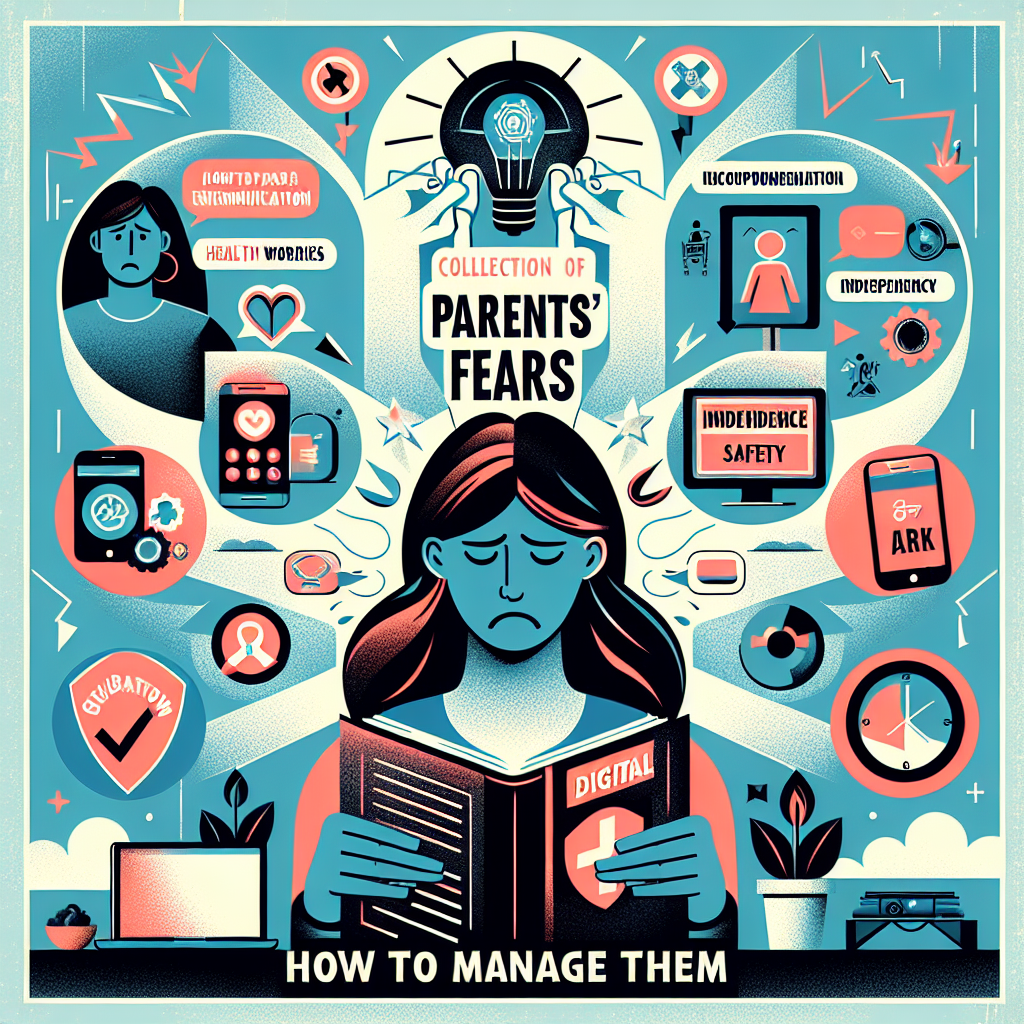Child Development: A Complete Guide to the Essential Stages
Collection of Parental Fears: How to Manage Them
Becoming a parent is undoubtedly a transformative experience that brings with it a wide range of emotions and, not least, fears. Whether we're talking about the baby's immediate needs or the child's long-term future, it's normal to worry. But how do we face these fears? This article explores effective strategies for managing the anxieties that come with being a parent.
Introduction
Bringing a child into the world radically changes the dynamics of everyday life. In addition to the happiness that a newborn brings, parents often face a collection of fears that can be overwhelming. It is important to identify these fears, understand them and learn how to manage them in order to provide the best care for our child.
Motor Development
What fear does it bring?: A child's physical development is a major source of stress for parents. Anxiety about reaching developmental milestones such as holding the head up, rolling over, sitting or walking is common.
How do we manage it?: Information is power. Knowing the typical stages of motor development and the wide range in which children reach can ease their fears. It is important to remember that every child is unique and develops at their own pace. Regular consultation with a pediatrician can help parents better understand their child's motor development.
Language development
What fear does it bring?: The ability to communicate is essential. Therefore, parents may be concerned about their child's language development, wondering if they will speak "on time" or if they will have difficulty understanding or expressing themselves.
How do we manage it?: Patience is key. Every child develops language skills at their own pace. Open and frequent communication, reading together and singing are activities that can encourage language development. If there are concerns, discussions with speech therapy professionals are recommended.
Health and Safety
What fear does it bring?: Child health and safety are probably the biggest concerns for any parent. From household accidents to common illnesses, fears about a child's physical well-being can be overwhelming.
How do we manage it?: Prevention is key. Ensuring a safe home and knowing the most common health risks are important steps. Also, timely vaccinations and regular doctor visits can provide peace of mind.
Education and Success in Life
What fear does it bring?: Every parent wants their child to be successful in life and have a prosperous career. The intensity of expectations and comparison with other children can create immense pressure for both children and parents.
How do we handle it?: Parents' role in education is to provide support and encouragement, whether we're talking about early education or career choices. It is essential to recognize and celebrate individual progress without placing unreasonable pressure on performance.
Social and Emotional Relations
What fear does it bring?: Integration into social groups and the development of interpersonal relationships are essential aspects of growth. How will the child fare in interactions with others? Will he have friends? These are frequently asked questions by parents.
How do we manage it?: Creating a warm and supportive family environment is fundamental for the healthy emotional-affective development of the child. Active participation in group activities and encouraging social interactions from an early age can help with this.
Independence of the Child
What fear does it bring?: Letting your child "fly the nest" is a huge step. The fear of letting your own children make independent choices, make mistakes, and learn from their own experiences is real.
How do we manage it?: Encouraging independence, even in small everyday tasks like choosing clothes or managing a small amount of pocket money, builds confidence and responsibility. Learning to accept that mistakes are part of the learning process is vital for both parents and children.
Conclusion
Managing the fears associated with parenthood is no easy task, but with information, patience and support, fears can be quelled. More importantly, we remember that we are not alone in this journey – there is a vast community of parents going through the same challenges and dedicated resources that can help. Visit our parenting resources section or subscribe to our newsletter for valuable tips and information. Together, we can navigate the often murky waters of parenthood and give our children the best possible conditions for a happy and healthy life.














































































































































